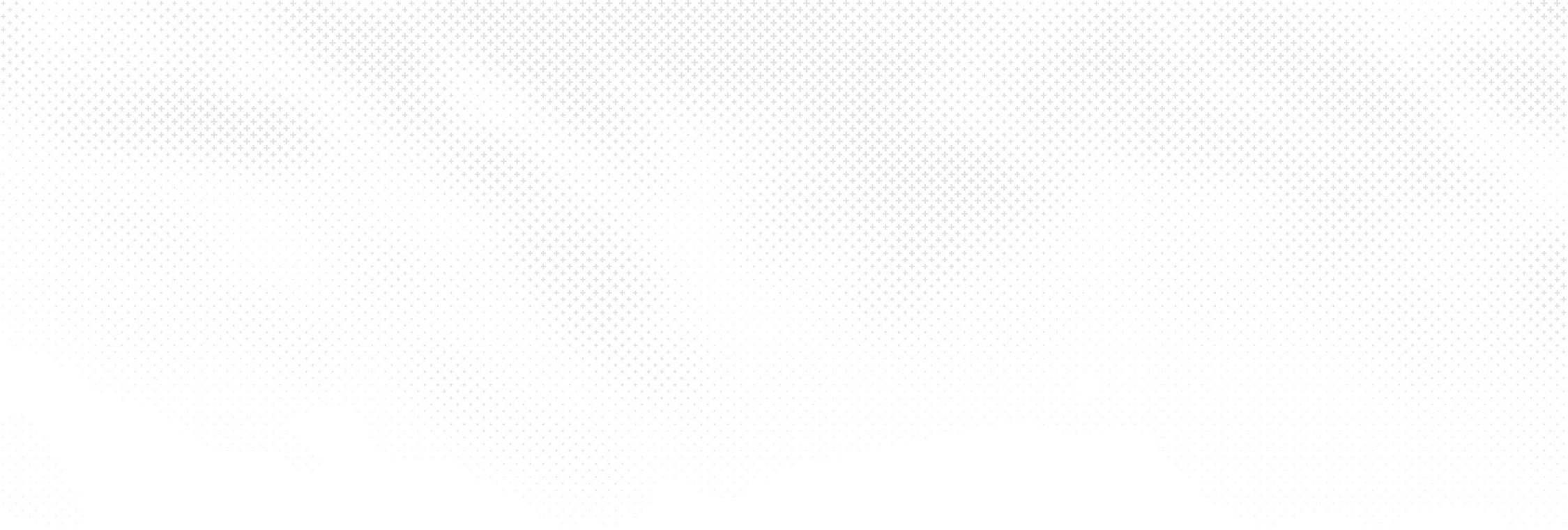The global novel coronavirus pandemic that began in early 2020 effectively brought to an end two overlapping waves of American history: (1) the twelve-year “everything bubble” that began with the 2008 bailout, and (2) the forty-year rise and fall of neoliberalism as the West’s dominant political and economic ideology. As we’ve said elsewhere:
Neoliberalism was an experiment to see if aggressive globalization, financialization, and the willful destruction of the social safety net would lead to prosperity. It instead destroyed living standards across the globe to favor an elite financial class.
On our resource page “Postneoliberalism,” we’ve described for many years the long unraveling of neoliberalism and the consequent risks and opportunities for citizens, investors, and business leaders. This page has always included a running list of our favorite speculations and proposals about what a world after neoliberalism could and should look like.
But the COVID-19 outbreak has shifted our collective attention from the specter of collapse to its overt, daily reality. As of March 2020, we are all clearly living in a new era. We’ve therefore created this new page, where we’ll curate our favorite resources about the world during and after COVID-19, with a bias towards pieces and voices that we think demonstrate originality, practicality, broad relevance, and/or staying power.
A post-collapse mindset
Although many aspects of daily life and business as we know it will continue, resume, or survive in an altered form, we are purposefully looking at the novel coronavirus outbreak as a notional if not overt collapse. Our mindset is one that favors post-collapse renewal and reimagining over preservation.
Over the past forty years if not eighty years, America has learned the iterative lessons of stability, scalability, sustainability, and resilience. Some of those lessons continue to be relevant, but our future also depends on being strong in new ways: agility and anti-fragility—i.e., moving quickly and building new, deeper strengths in response to extrinsic shock. The next us will emerge from embracing trauma and collapse optimistically, passionately, intelligently, and collectively.
Some of our foundational assumptions:
- One result of COVID-19 will be a much more involved public sector in setting boundaries for the private sector and daily life. This could look authoritarian, socialist, or both, but cross-sector collaboration going forward will be essential for all industries and all socially important activities.
- The formal global economy has morphed into something new and strange, even if the banking system itself has avoided an outright collapse. Per Yves Citton, we’ll find richer possibilities by focusing not just on economies but on interlocking ecologies of value and attention. For more on how the formal global economy has transitioned to what Venkat Rao calls a “permaweird” state, see our Postneoliberalism page.
- The biome has been significantly damaged, and there will not be a return to mid-20th century global temperatures or weather patterns. At the same time, the biome can be healed and rejuvenated.
- Technology, especially biotechnology, is about to get really weird, promising, and interesting.

Business Unusual
How smart organizations are approaching business strategy during a global health crisis and freewheeling financial markets.
The Plague Economy
The pandemic is ushering in a new era of monetary policy, trade policy, and macroeconomics.
Anti-racism
Combatting systemic racism in individuals and organizations, across sectors and society.
Ending the Pandemic
Engaging all three sectors in new ways to end the COVID-19 public health crisis.
Ecological Emergency
COVID-19 is one of many indications of natural systems pushed far past their breaking points.
Societal Transformation
How COVID-19 is changing the infrastructure and felt experience of daily life.
The Art of Business
The performing arts are central to how we survive and understand COVID-19—and how we rebuild.
Revitalizing Democracy
The only way forward for the U.S. to fulfill its implicit and explicit promise of full inclusivity.

